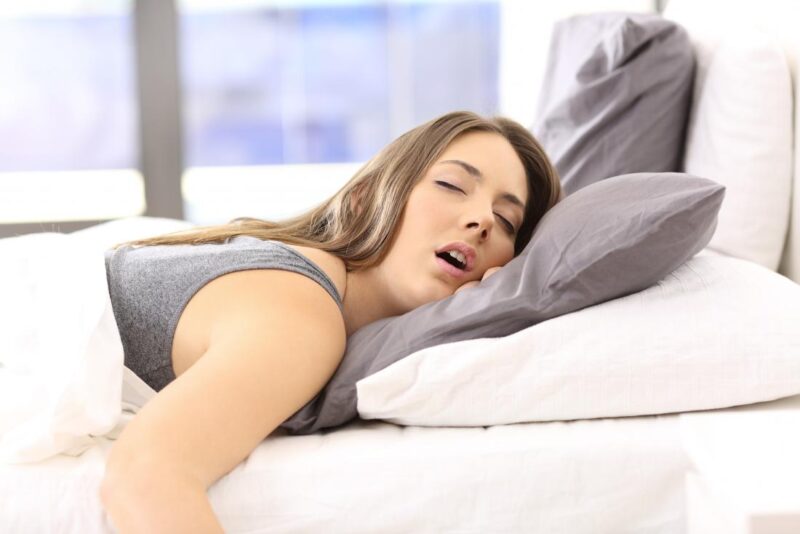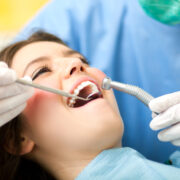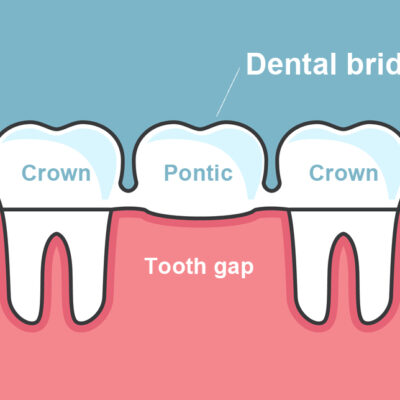Have you ever questioned, “Is drooling in my sleep normal, or could it be a subtle signal from my body?” when you wake up to a moist pillow? Everyone has experienced doubting the peculiarities of their daily schedules. We explore an intriguing query in this blog post: “Is drooling in your sleep a sign of diabetes?” Even though the relationship might not be clear at first, new research indicates that nocturnal drooling may be more than simply a harmless habit. Come investigate the possible connection between diabetes and excessive drooling while you sleep.
Basics of Diabetes
Diabetes, sometimes referred to as diabetes mellitus, is a long-term metabolic disease marked by high blood sugar. This disorder develops when the pancreas is unable to create enough insulin or is unable to use the insulin that is produced by the body efficiently. In order for cells to receive and use glucose for energy, blood sugar, or glucose, must be regulated by the hormone insulin.
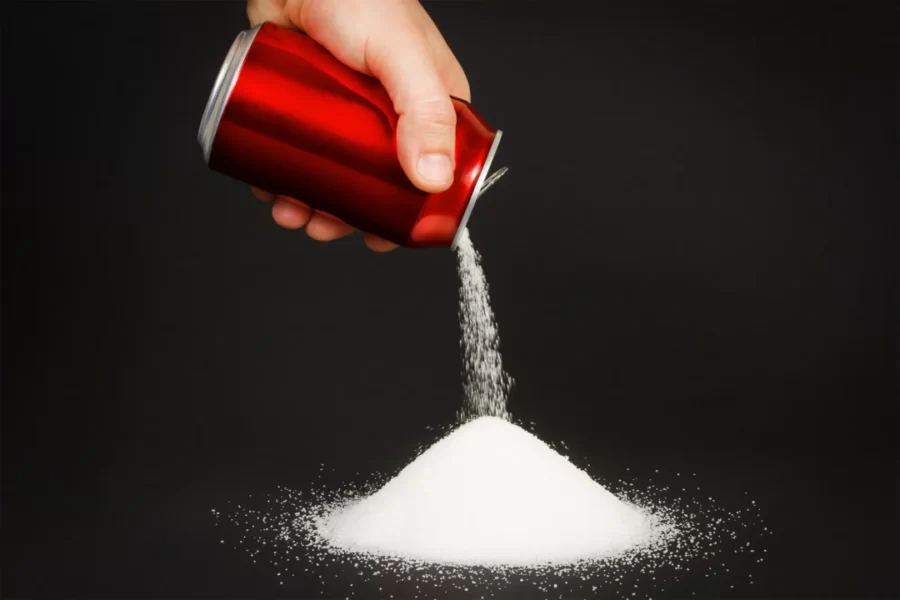
Types of Diabetes
Type 1 diabetes:
- Often diagnosed in childhood or adolescence,.
- Results from the immune system mistakenly attacking and destroying insulin-producing cells in the pancreas.
- Requires lifelong insulin replacement therapy.
- Represents a smaller percentage of diabetes cases (approximately 5–10%).
Type 2 diabetes:
- It commonly develops in adulthood but is increasingly diagnosed in children and adolescents.
- Linked to insulin resistance, where the body’s cells do not respond effectively to insulin,.
- Can often be managed through lifestyle modifications, oral medications, or insulin therapy in more advanced cases.
- Accounts for the majority of diabetes cases (around 90–95%).
The link between Sleep Drooling and Diabetes
Sleep Patterns and Impact on Health
The connection between sleep patterns and overall health is an intricate tapestry that researchers are continuously unraveling. Quality sleep is vital for the body’s restoration and regulation of various physiological functions. Disruptions in sleep patterns, such as insufficient sleep duration or poor sleep quality, have been linked to a range of health issues, including diabetes.
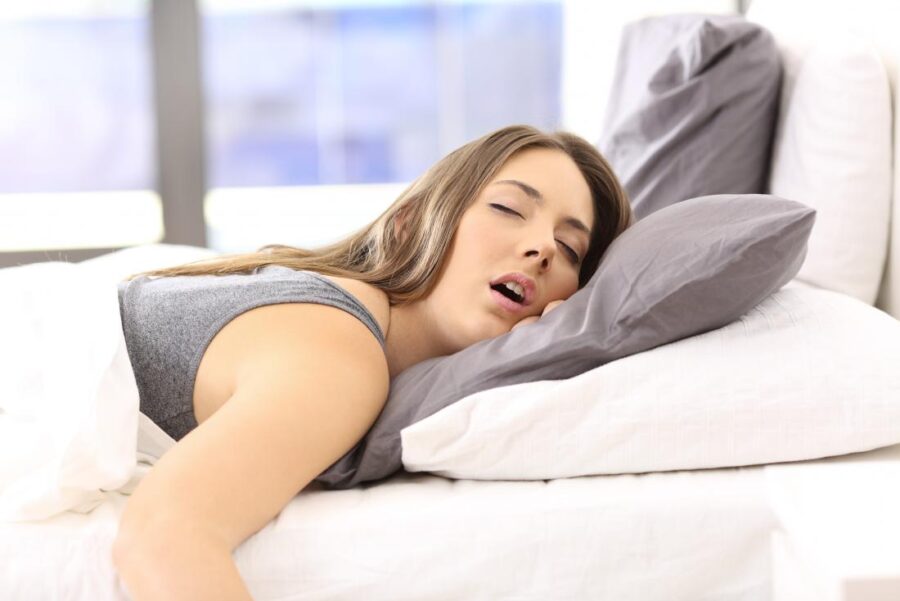
Sleep Duration
Inadequate sleep has been associated with insulin resistance, a key factor in type 2 diabetes. Short sleep duration may affect glucose metabolism and disrupt hormonal balance, influencing blood sugar regulation.
Sleep Quality
Irregular sleep patterns and frequent awakenings can contribute to metabolic dysfunction. Poor sleep quality may impact the body’s ability to process glucose efficiently, potentially increasing the risk of diabetes.
Scientific Connection Between Diabetes and Sleep-Drooling Habit
The relationship between diabetes and sleep is a multifaceted interplay of hormones, metabolism, and circadian rhythms. Emerging scientific evidence suggests that disturbances in sleep architecture may contribute to the development and progression of diabetes.
Circadian Rhythms
The body’s internal clock, governed by circadian rhythms, regulates various physiological processes, including glucose metabolism. Disruptions in circadian rhythms, often seen in irregular sleep patterns or shift work, can influence insulin sensitivity and contribute to diabetes risk.
Hormonal Regulation
Sleep influences the secretion of hormones such as cortisol, insulin, and growth hormone. Imbalances in these hormonal levels due to poor sleep may contribute to insulin resistance and impaired glucose tolerance.
Research on Sleep-Related Diabetes Indicators
Nocturnal Drooling
Limited but intriguing research suggests a potential association between nocturnal drooling and diabetes. Some studies propose that alterations in salivary composition during sleep may be linked to metabolic changes associated with diabetes.
Sleep Apnea
Sleep apnea, a condition characterized by interrupted breathing during sleep, has been linked to an increased risk of type 2 diabetes. The intermittent hypoxia experienced in sleep apnea may contribute to insulin resistance and glucose intolerance.
Sleep Duration and Diabetes Risk
Long-term studies indicate an association between inadequate sleep duration and an elevated risk of developing diabetes. Sleep deprivation may impact insulin sensitivity and contribute to the development of insulin resistance.
Drooling in Sleep: An Overlooked Symptom?
Normal vs. Abnormal Drooling
It’s natural and typical to drool when you sleep most of the time. Saliva is normally produced by the human body, and during sleep, our mouth and throat muscles relax. A brief increase in salivation brought on by this relaxation may cause some people to drool intermittently at night. But recognizing the difference between normal and excessive drooling is essential to comprehending any possible underlying health issues.
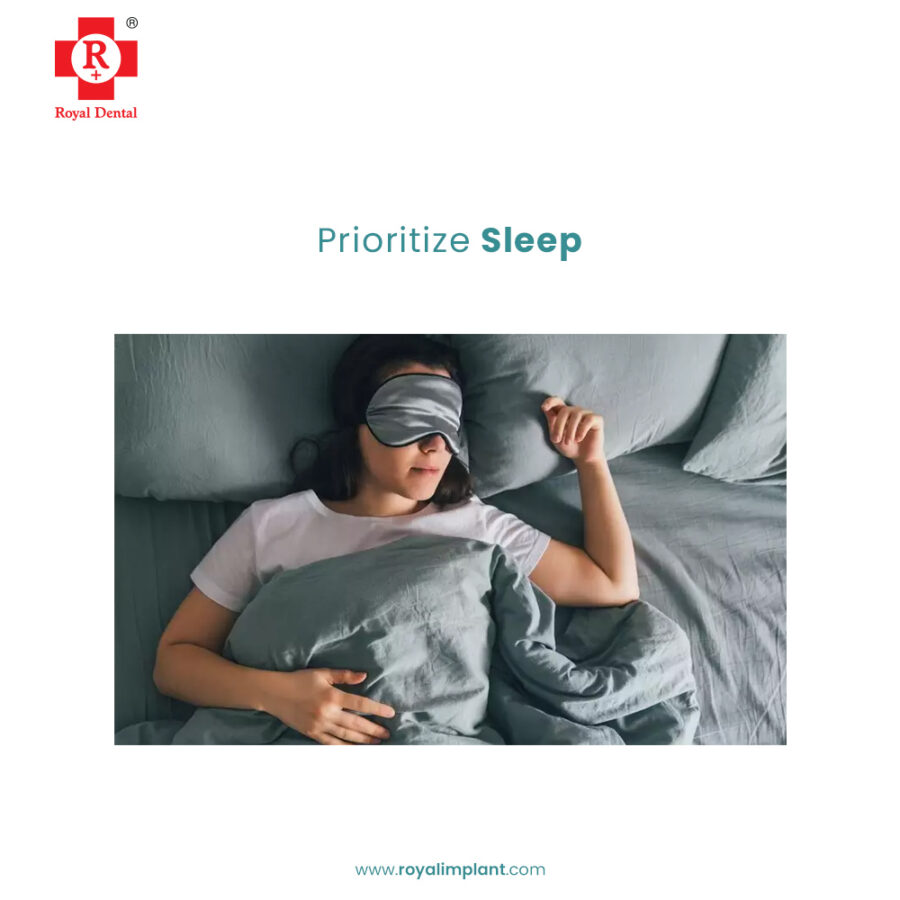
Normal Drooling
Occasional and mild drooling during sleep is considered normal. It is usually related to relaxed muscles and the body’s natural process of maintaining moisture in the oral cavity.
Abnormal Drooling
An excessive, persistent, or sudden onset of drooling may warrant attention. Abnormal drooling could be a symptom of an underlying issue, such as certain medical conditions or medications.
Causes of Excessive Drooling During Sleep
It’s crucial to comprehend the possible reasons behind excessive drooling while you sleep in order to determine if it’s a harmless occurrence or a symptom that needs more research.
Oral and Dental Issues
Poor oral hygiene, dental infections, or issues with the salivary glands can contribute to excessive drooling. Individuals with dental problems or oral infections may experience changes in salivary production.
Sleep Position
Sleeping in a position that allows saliva to pool in the mouth can lead to increased drooling. Certain sleeping postures may affect the natural drainage of saliva, causing it to accumulate.
Medications
Some medications, particularly those that affect salivary gland function, may result in increased drooling during sleep. It’s important to be aware of the side effects of medications and discuss any concerns with healthcare providers.
Association between Drooling and Diabetes: What Studies Say
Even though the exact relationship between drooling as you sleep and diabetes is yet unknown, research into possible correlations is still being conducted. Few studies have looked at salivary composition and its possible relationship to diabetes-related metabolic abnormalities.
Saliva Composition and Diabetes
Preliminary studies suggest alterations in saliva composition during sleep may be linked to metabolic changes. Changes in saliva may serve as indicators, though more research is needed to establish a clear connection with diabetes.
Systemic Health Indicators
Some researchers propose that systemic health conditions, including diabetes, may manifest in oral health changes. Monitoring oral symptoms, including drooling patterns, could contribute to a broader understanding of overall health.
Is Drooling in a sleep is a sign of Diabetes?
Importance of Regular Dental Check-ups for Overall Health
Frequent dental examinations are essential for preserving your general health in addition to keeping your teeth and gums looking great. When it comes to recognizing possible indicators and symptoms of systemic illnesses, such as diabetes, dentists are frequently the first to respond.
Oral-Systemic Connection
The mouth serves as a window to overall health, and oral health is closely intertwined with systemic well-being. Dental check-ups allow dentists to assess the health of your gums, teeth, and oral tissues, providing valuable insights into potential systemic conditions.
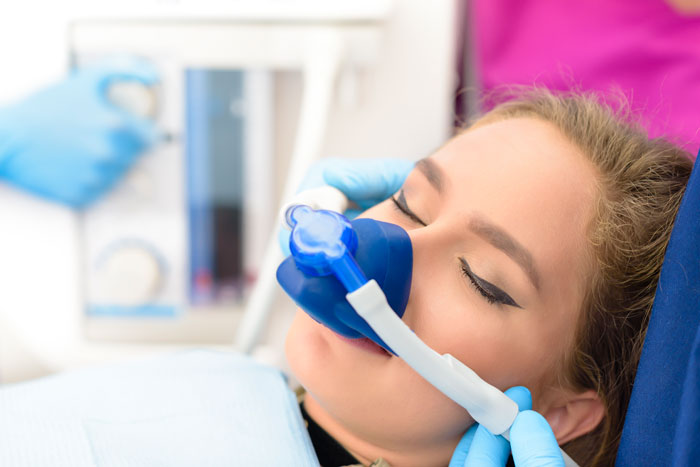
Early Detection of Health Issues
Regular dental visits enable the early detection of oral health issues that may be indicative of broader health concerns. Dentists are trained to recognize subtle changes in oral health that may serve as early warning signs of underlying medical conditions, such as diabetes.
Preventive Measures
Dentists emphasize preventive care, addressing issues before they escalate. Through professional cleanings, oral examinations, and discussions about overall health, dentists contribute to proactive health management.
Common Symptoms of Diabetes that go unnoticed
Diabetes is described as a “silent” illness as it frequently presents with mild symptoms that people may ignore. Early intervention depends on identifying these typical but commonly ignored symptoms.
Increased Thirst and Urination
Frequent thirst and urination, particularly during the night, can be early indicators of diabetes. The body’s attempt to eliminate excess glucose through urine may lead to dehydration and increased thirst.
Unexplained Weight Loss
Sudden and unexplained weight loss can occur when the body loses its ability to utilize glucose properly. Individuals may experience weight loss despite maintaining their usual diet.
Fatigue and Irritability
Fluctuations in blood sugar levels can lead to feelings of fatigue and irritability. Persistent tiredness unrelated to physical exertion should prompt further investigation.
Blurred Vision
Changes in vision, such as blurriness, may be associated with fluctuations in blood sugar levels. Regular eye check-ups are essential for monitoring eye health, especially for individuals with diabetes.
Role of Dentists in Early Detection and Prevention
Oral Health Assessment
During dental check-ups, dentists assess the condition of your teeth, gums, and oral tissues. Changes such as inflamed gums, dry mouth, or slow healing of oral wounds may prompt further investigation into systemic health.
Collaboration with Healthcare Providers
Dentists collaborate with other healthcare professionals to ensure comprehensive care. Sharing information about oral health can contribute to a more holistic understanding of a patient’s well-being.
Patient Education
Dentists educate patients on the importance of maintaining overall health and the role of oral health in a broader context. Empowering individuals with knowledge enables them to be proactive in managing their health.
Tips for Maintaining Oral and Overall Health
Keeping your mouth healthy is not only necessary for a beautiful smile, but it also makes a big difference in your general wellbeing. Adopting good dental hygiene habits can support overall health objectives and aid in the prevention of oral health problems.
Regular Brushing and Flossing
Routine Dental Check-ups
Healthy Diet Choices
Hydration and Saliva Production
Avoid Tobacco and Limit Alcohol
Lifestyle Changes to Mitigate Diabetes Risk
A healthy lifestyle is essential for reducing diabetes risk and enhancing general wellbeing. Modifications in lifestyle can have a good effect on things like blood sugar regulation, cardiovascular health, and weight control.
Regular Physical Activity
Engage in regular exercise to promote weight management and improve insulin sensitivity. Aim for a combination of aerobic activities, strength training, and flexibility exercises.
Balanced Diet and Portion Control
Follow a well-balanced diet with an emphasis on whole foods, including fruits, vegetables, lean proteins, and whole grains. Practice portion control to manage calorie intake and support weight maintenance.
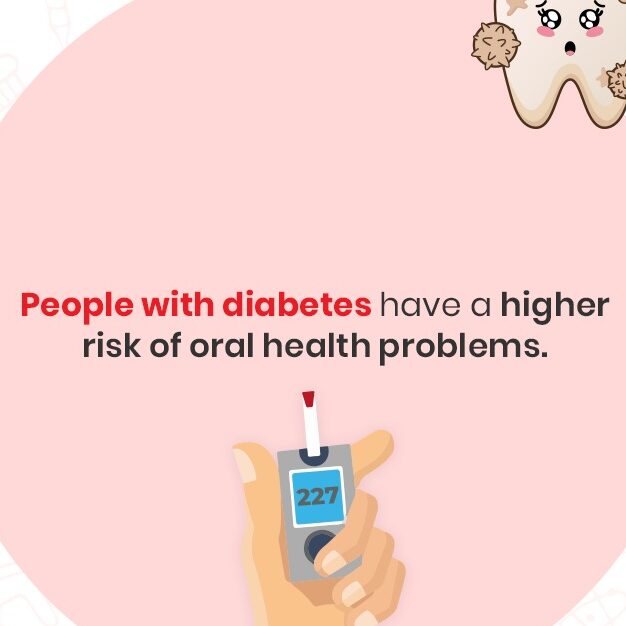
Blood Sugar Monitoring
If at risk for diabetes, monitor blood sugar levels as advised by healthcare professionals. Regular monitoring helps in the early detection and management of potential issues.
Stress Management
Practice stress-reducing techniques such as mindfulness, meditation, or yoga. Chronic stress can impact blood sugar levels, so managing stress is crucial for overall health.
Conclusion
In summary, investigating the query, “Is Drooling in Your Sleep a Sign of Diabetes?” uncovered the complex connections among systemic disorders, dental health, and nocturnal drooling. Diabetes has many subtle symptoms, so it’s important to recognize them. This highlights the need for routine dental exams and team-based therapy. Dr. Chirag Chamria emphasizes the need to make lifestyle modifications that prioritize health, such as encouraging good dental hygiene, reducing the risk of diabetes, and getting enough sleep. Proactive healthcare practices, driven by knowledge and routine check-ups, enable people to face possible health risks and navigate the night with confidence as we continue to solve the mysteries surrounding our well-being.

